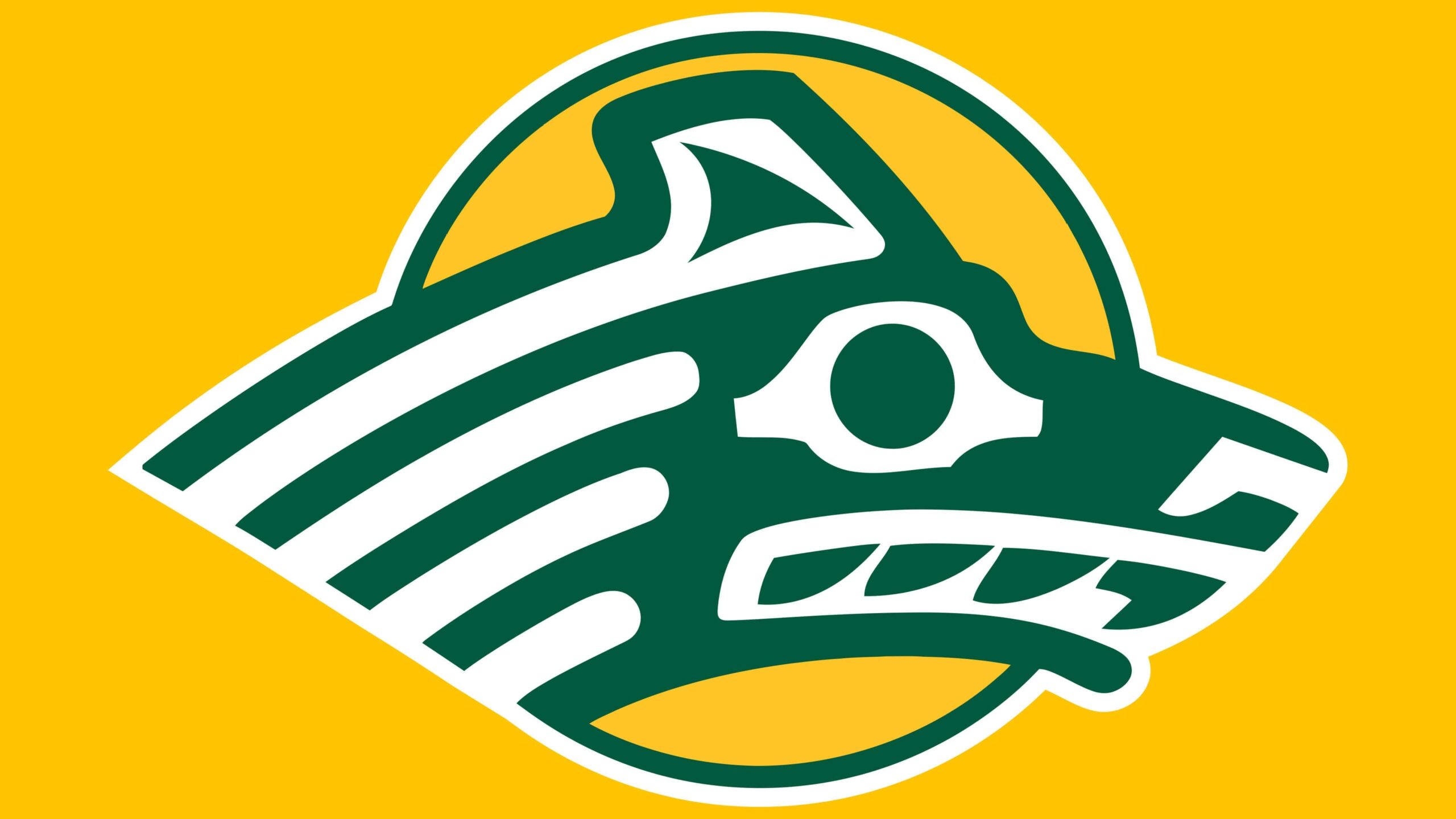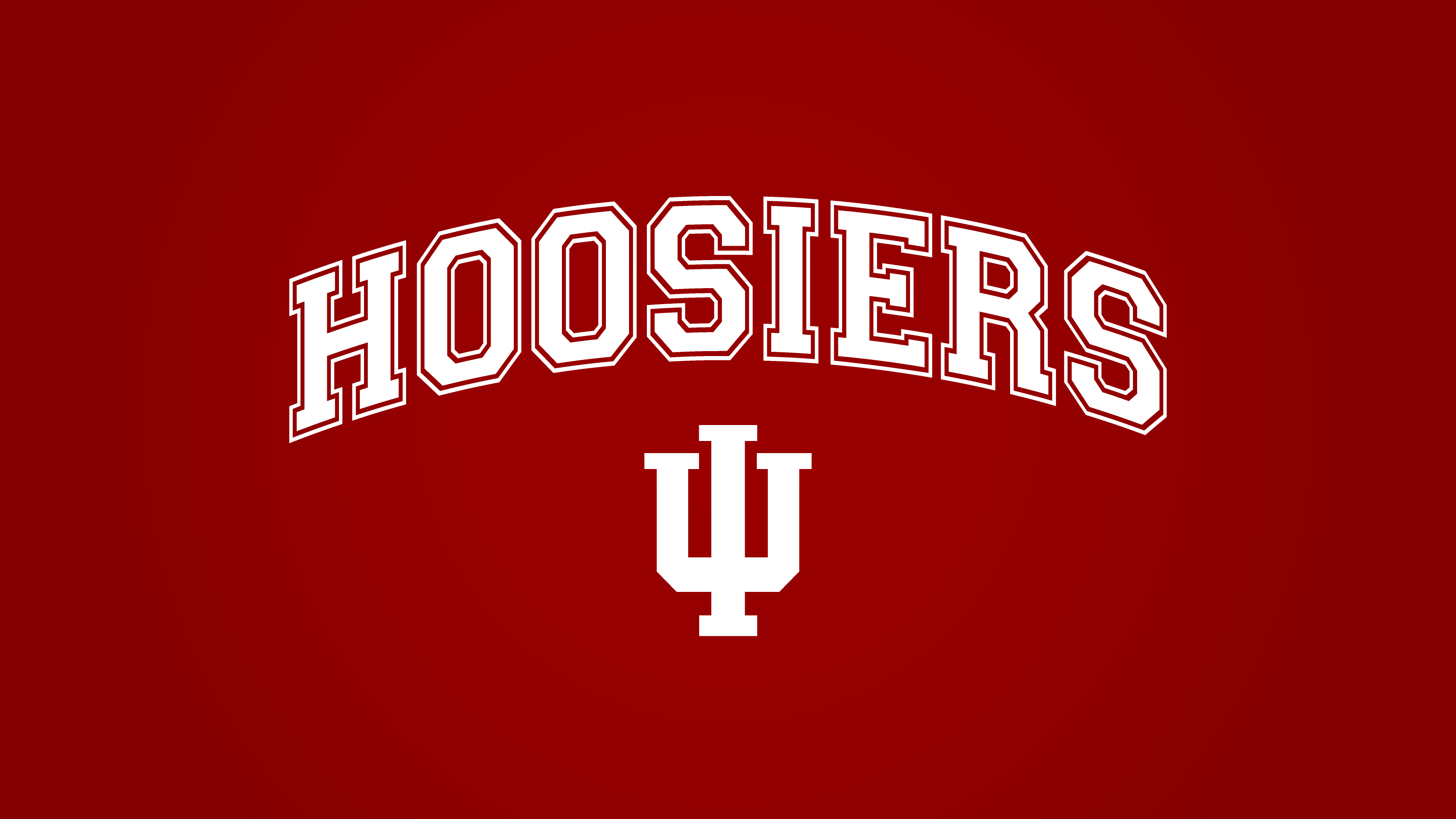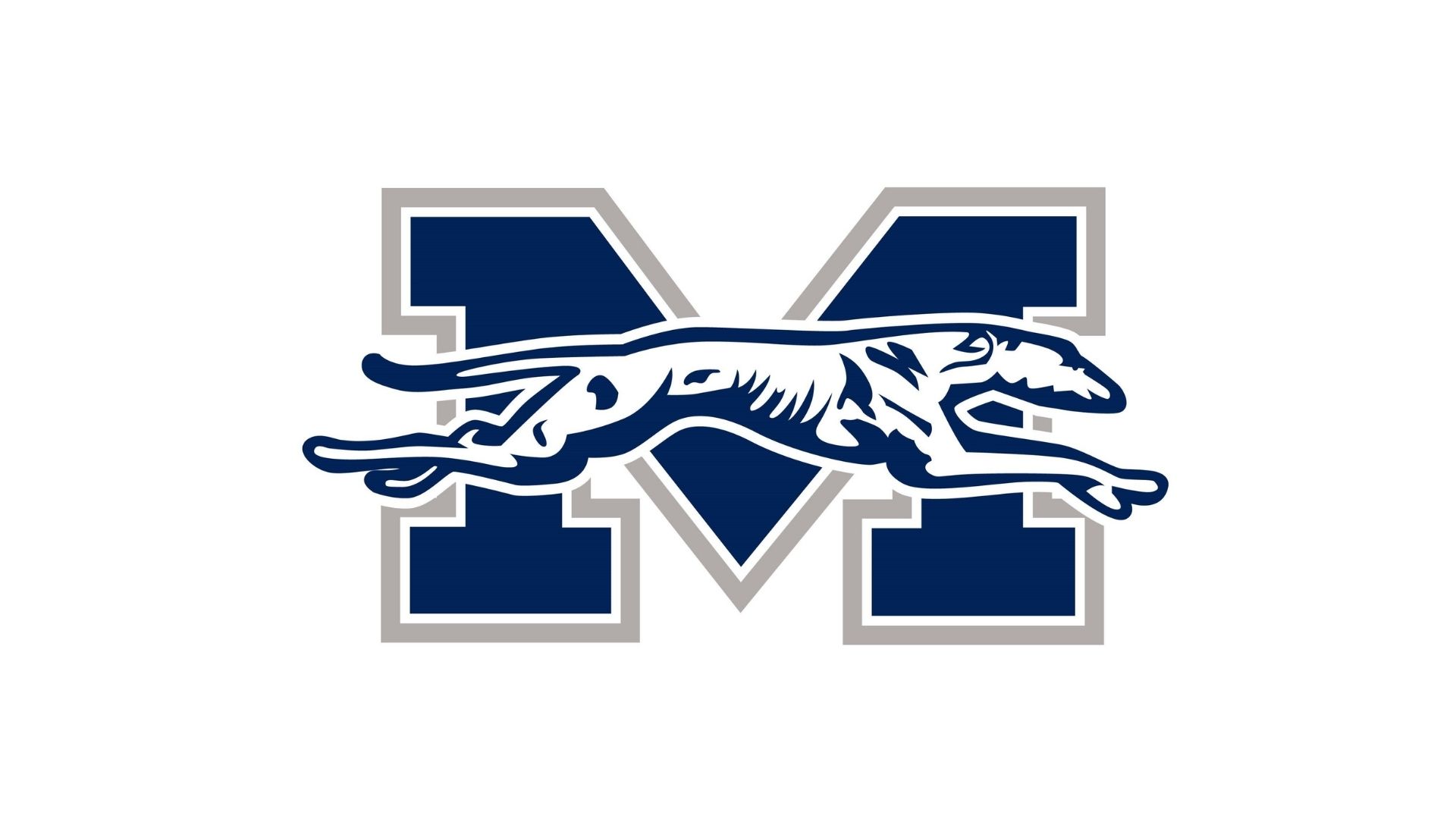Assistant Coaches’ Role in Preparing Scouting Reports
By: Bert DeSalvo
As a former women’s college basketball head coach, I always believed that our scouting reports were a key component to our success on the court. Having the necessary information on each opponent has allowed my programs a great amount of success during my head coaching tenures. This success was due largely because of the efforts of my coaching staff and their approach to their scouting report responsibilities.
In order to be as best prepared as we could be for our upcoming opponent, I clearly defined the following objectives for my assistants when building scouting reports:
- Do Your Work Early – This is something my programs have always stressed to our student-athletes, both on and off the court, and it also applies to the entire coaching staff. Although I have only had the opportunity to have a coaching staff of myself and another, my assistant was directed to be done with the personnel and statistics portion of the scout a full game ahead (about 3-4 days). If the next opponent happened to play the same night as us, my assistant would update the necessary stats to keep the scout as accurate as possible. This allowed us maximum time for creating a winning game plan and preparing paper scouts and sets.
- What To Give – One of the most crucial aspect in preparing scouting reports is to decipher what information to give the student-athletes. This greatly depends on the basketball IQ of your team and what they can retain. It makes no sense to give players information that they will either forget or that makes them tense and anxious. The coaching staff must find the right balance of information that will make their players perform better. Coaches cannot forget that a scouting report’s sole purpose is to make players feel comfortable and to give them confidence. Assistants must snuff out tendencies when watching personnel, as any tips can make all the difference! It was my assistant’s job to put more in their initial version of the scout so that we could, and ultimately I, could make the final decision as to what we would present to the team in the final version of the scout.
- Same But Different – Consistency is key. I wanted my assistant to organize the scout using the same template for each game. This uniformity allows the head coach and student-athletes the ability to easily access information at any time before, during and after the contest. Scouting report templates must be discussed by the coaching staff prior to the start of the season and the entire staff must agree on the presentation. Consistency is important, but so fending off the monotony of a long season. Therefore, there may be times to change the scouting format, especially if it is the second time you have played an opponent. This will get the attention of the players and may help them if they need a spark to keep them sharp and interested in the task at hand.
- Challenge the Head Coach – In order to get the best results possible, assistant coaches must come to the game planning meeting with their own ideas. One thing I was careful to avoid as a head coach was to not hire “yes” men. Instead I wanted an assistant who could argue a point but not be argumentative during the process. It is very important that assistants realize that they make suggestions, while the head coaches make decisions. Nevertheless, a strong relationship between the head coach and his/her assistants will only strengthen game plans because all ideas will be considered and evaluated on their merit.
- Be Realistic – I would rather have my assistant(s) be realistic on personnel/actions/alignments that they thought could really give us trouble, rather than having them “sugarcoat” everything with an unrealistic positive spin just to make me feel better. A good talk of what we need to watch out for and how will we make adjustments if something were to occur is the best way to handle an assignment from an opponent. In saying that, there does not have to be “gloom and doom” or a negative feeling amongst the coaching staff, and it is the head coach’s job to create an atmosphere of calmness within the program. Remember, preparation builds confidence and confidence leads to positivity and enthusiasm.
In addition, here are what some respected assistant coaches from NCAA Division II institutions (where coaching staffs tend to be much smaller than their D1 counterparts) have to say about their goals and timeline requirements when preparing scouts:
“My goal when preparing scouts is to get as much useful information to my head coach as possible and in a timely manner. What I try and do is watch film on the opponent 3-5 days ahead of time. That way we have ample time in practice to work on any actions or situations that we may see. I try to watch the opponent’s last full game and then break downs of clips through our video editing system. I watch and take notes on the following:
- Opponent’s Man and Zone Offense
- Opponent’s Man and Zone Defense
- Opponent’s Press Defense
- Ball Screen Defense
- EOG Situations and ATO Sets
We prepare our team with both a paper scout and video scout. Both scouts include information on the notes taken, plus information on top personnel for the opponent. We give this to our team a day before the game. Our video scout is clipped and trimmed to about 15 minutes. We show this with our team and also sent it to them so they can watch it on their own time.”
– Julie Kaufman, Assistant Women’s Basketball Coach, Seton Hill University (NCAA DII – PSAC)
“As an assistant, it is vital to scout and know your opponent almost as well as you know your own team and have film and paper scout prepped and ready to go (for the head coach) two to three ahead of the game. This allows the head coach to access it and start the preparation and discussion on the opponent whenever he/she is ready to, as well as to start to look at what adjustments, wrinkles, and game plans you’ll take into practice and scout.
Along with that, it is paramount that when giving the scout to the team and going through film that you are comfortable and confident because it has serious carryover to the level of confidence and understanding the team will take into the game.
Both the players and head coach don’t necessarily need to know it like you do but they need to know it well enough to execute the game plan and understand that they can trust you in times of adversity during the heat of the game.”
– Kyle Cooper, Assistant Women’s Basketball Coach, West Liberty University (NCAA DII – Mt. East)
“From the first day on the job, the expectations Coach DeSalvo had for me regarding scouting reports were very clear. Still, I felt it was my job to exceed his expectations. I strived to make sure that scouts were prepared prior to him asking and made sure he did not have to ask twice.
Being the only assistant on the staff in my previous role, I worked to be as efficient as possible and strived to go above and beyond to help put the program in the best position to be successful and to never make the head coach have to wait for me. I did my best to be a full scout ahead to keep our preparation early.”
– Courtney Burns, Assistant Women’s Basketball Coach, Southern New Hampshire University (NCAA DII – NE-10)
In conclusion, assistants must have a “will please” motto and do what is asked of them in regards to preparing scouting reports to make the head coach’s life easier. Remaining ahead of the head coach’s timeline and expectations are essential to continue to prepare players for upcoming opponents as well as building their trust and respect in the process.
Moreover, head coach must always be communicating effectively with their coaching staff. If assistants are not performing to the head coach’s standards, it is the head coach’s responsibility to discuss this with the assistant immediately and professionally. This can be difficult based on friendships that develop, but must occur nevertheless. Most of the time though, if assistants know what is expected of them, this is not an issue.
Lastly, head coaches must be aware that scouting reports are where their assistant(s) can make a huge impact for the program (either positive or negative) and can help to earn a positive reputation and prepare them for the career ambitions. Therefore, head coaches must empower their assistants in the scouting process. Giving assistants the necessary direction and clearly defined timelines while still allowing their assistants to have the freedom to complete the assignment in the way that works best for them, should be how head coaches blend their management and leadership styles during the scouting process.
About the Author
Bert DeSalvo is a former D1 men’s assistant coach, D2 and D3 women’s assistant coach, as well as a D2 and D3 women’s head coach. Follow Bert DeSalvo on Twitter @CoachDeSalvo and his blog “Expressions from the Hardwood.”







